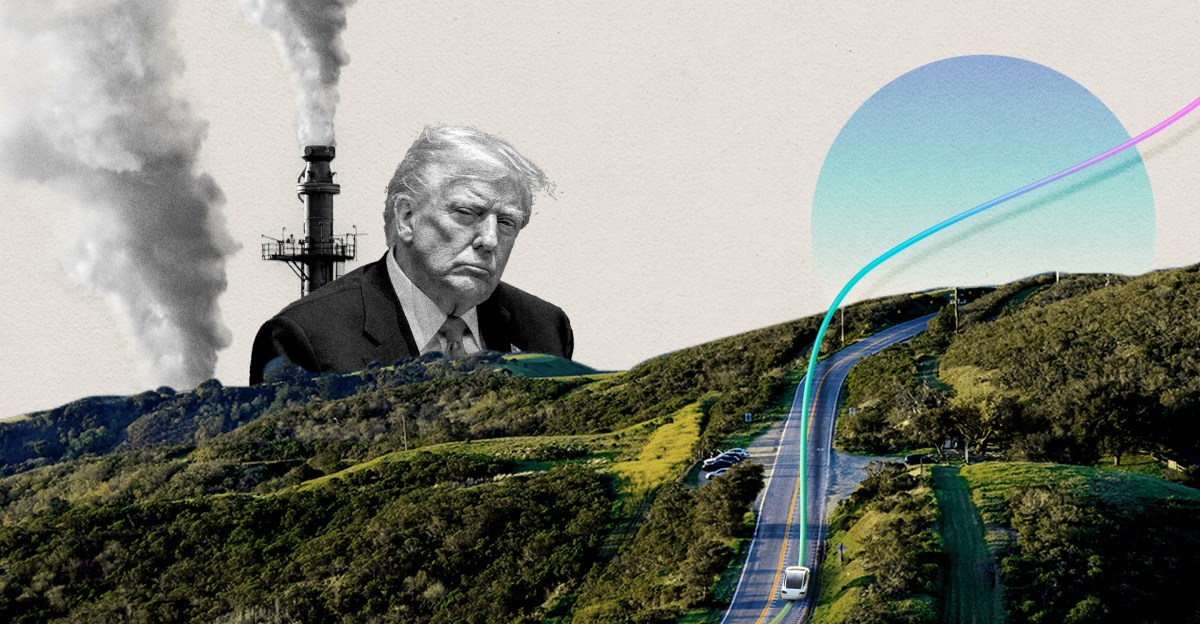Now Reading: Escape Velocity
-
01
Escape Velocity
Escape Velocity

President Donald Trump campaigned on a platform advocating for increased use of fossil fuels, reduced environmental regulations, and denial of climate change – and now he is taking action on those promises. His administration is dismantling clean energy policies, expediting oil and gas projects, and reshaping environmental regulations with significant implications.
Simultaneously, there is a countervailing force moving in the opposite direction. A global clean technology revolution is already in progress, offering sustainable solutions for powering our homes, cars, and lives without harming the climate.
The latest advancements in wind and solar energy, batteries, and electric vehicles are either on the cusp of, or have already achieved, a breakthrough moment, escaping the influence of political unpredictability. In many instances, particularly in the realm of energy generation, the cleanest option is also the quickest, most cost-effective, and most likely to yield profits – regardless of one’s stance on climate change.
The world is gaining momentum in the adoption of clean energy technologies, unlocking pathways to economic growth and improved living standards without exacerbating global warming. Every fraction of a degree we can prevent warming means more lives saved, fewer catastrophes, greater stability, and a more sustainable future.
As we find ourselves in 2025 – halfway between now and the pivotal year 2050, which is marked on most major climate objectives – it is a fitting juncture to pause and reflect on how we arrived here, whether progress is being made swiftly enough, and what impediments lay ahead.
In this special feature, titled “Escape Velocity,” Vox’s climate team delves into these inquiries. They explore areas where climate advancements are gaining momentum, breakthrough innovations that are reshaping the landscape, and instances where clean technologies could overcome political opposition entirely.
While the United States has played a pivotal role in propelling the world to this juncture, other nations are now vying for leadership. Currently, the US holds a strong position, but its government is actively undermining it. The future at stake is not just a cleaner environment, but also whether the US will remain competitive in the race. – Paige Vega, climate editor



